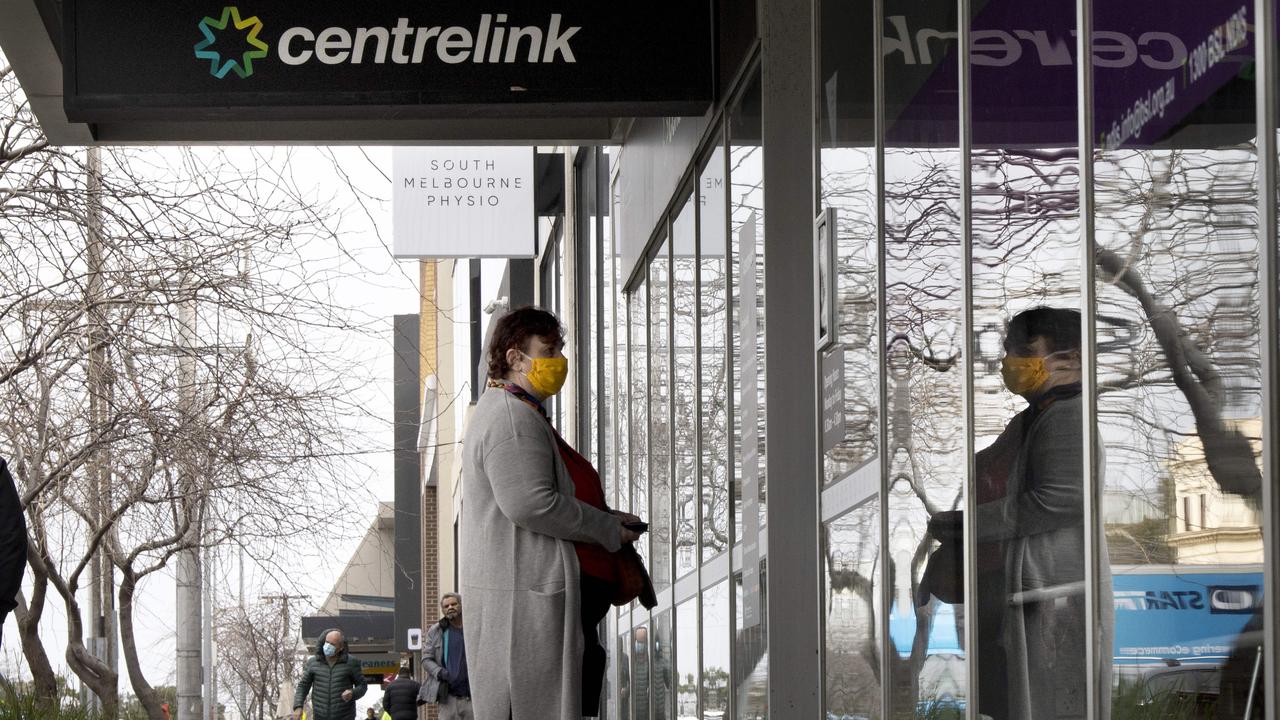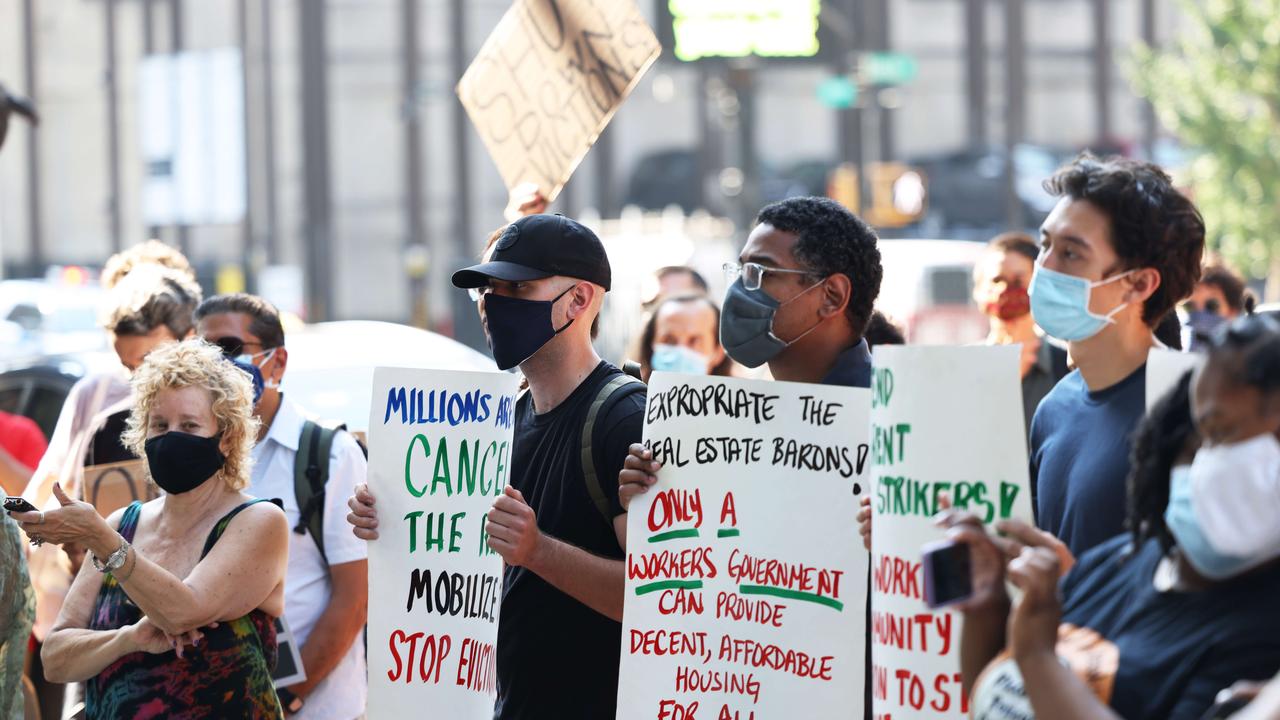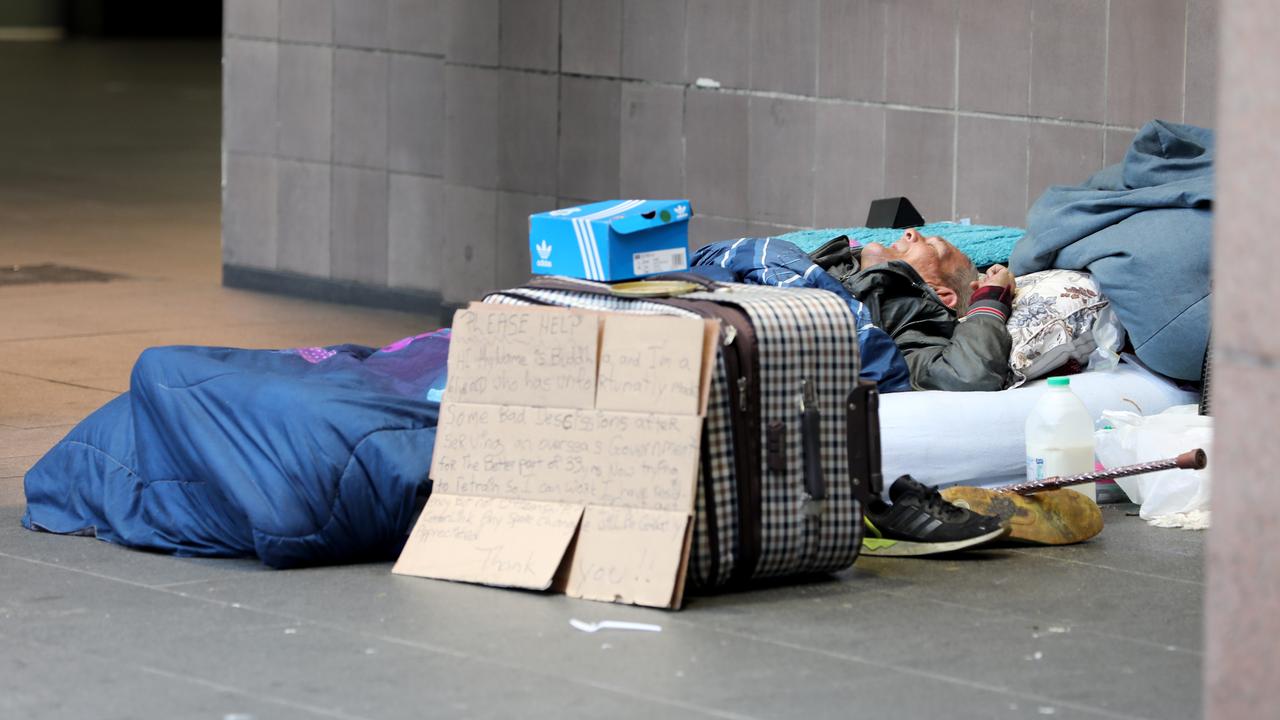Lawyers explain your legal rights with COVID rent reductions
A Melbourne barista who arranged a rent reduction with her landlord has been left in a frightening situation after the landlord backflipped.

Welcome to Sisters In Law, news.com.au’s weekly column solving all of your legal problems. This week, our resident lawyers and real-life sisters Alison and Jillian Barrett from Maurice Blackburn tackle your legal rights when it comes to COVID rent reductions.
QUESTION: I lost my job as a barista at the beginning of COVID in March, and by mid-April realised I wasn’t going to be able to keep paying my rent. I contacted my landlord and we agreed to a 50 per cent decrease which I paid with my earnings from JobSeeker. Now, my landlord says I need to start paying full rent again and I also owe him the 50 per cent I haven’t paid since April in arrears. I’m in Melbourne and don’t know when I’ll be able to earn a decent wage again. I’m not only terrified of ending up homeless but also of ending up in massive debts. What are my rights? – Fran, Melbourne
RELATED: Renters hurt by JobKeeper, JobSeeker cuts

ANSWER: Fran, the good news for you is that the rental laws changed during COVID-19.
The Victorian Government introduced a number of laws to protect renters during this period, and they have been extended to at least March 28, 2021.
The laws give extra rights to people, like you, who rent their home and also covers people living in a caravan, residential park, specialist disability accommodation or rooming house.
You’ve done the right thing by speaking with your landlord and agreeing to the reduction in rent when you weren’t able to pay your usual rent because of COVID-19.

This was probably an agreement to reduce your rent temporarily to an amount you could afford. That agreement should have been written, with both you and your landlord signing it, and included details about:
- Yours and your landlord’s name
- The address of the property you are renting
- The original rent you were paying
- The new, reduced rent you now pay
- The period you’ll pay the reduced rent
This agreement should also be registered with Consumer Affairs Victoria to protect all parties to the agreement.
If the agreement was not in writing, it becomes more complex. You would need to show that you entered into a verbal contract with the landlord that they have now breached.
However, you still may not have the same protections as someone who has a written registered agreement.
It sounds like you requested a rent reduction, rather than a deferral – a deferred payment means you have to pay the current amount, but at a later date. This could mean you end up with a debt you cannot repay at the end of the agreement.
You should check the agreement with your landlord, and point out that it was a reduction rather than a deferral. Your landlord isn’t able to make you “pay back” the rent if it was a reduction.

If the rent reduction period has ended, you should try to negotiate a further reduction with your landlord. If your landlord doesn’t agree, then you can start a dispute resolution process with Consumer Affairs Victoria.
Your landlord is not able to “blacklist” you on a tenancy database if you cannot pay rent due to COVID-19, and is also unable to increase your rent from the original rent until after March 28, 2021.
If your landlord wanted to evict you, they would only be able to do so if they receive that order from the Victorian Civil Administrative Tribunal.
If you have registered your reduced rent agreement with Consumer Affairs Victoria and you’re still having difficulty paying rent you may be entitled to receive a rent relief payment, from Housing Victoria, of up to $3000 to help you pay your rent if:
- You have less than $10,000 in savings
- Your reduced rent is still 30 per cent or more of your income, and
- Your household income is less than $1903 per week
- Once your application for rent relief has been approved, the payment will be made directly to your real estate agent or landlord and usually within two weeks

There are other rental supports available for people who are experiencing, or at risk of homelessness, including:
- Commonwealth Rental Assistance – for eligible people receiving a Centrelink Payment
- RentAssist Bond Loan – for anyone seeking to rent privately they may be able to borrow the money for bond on an interest-free loan
- Centrelink Crisis payment – a one-off payment for people experiencing an extreme circumstance and in severe financial hardship
For more assistance, you should contact Consumer Affairs Victoria, Tenants Victoria or Housing for the Aged Action Group.
This legal information is general in nature and should not be regarded as specific legal advice or relied upon. Persons requiring particular legal advice should consult a solicitor.
If you have a legal question you would like Alison and Jillian to answer, please email stories@news.com.au
Get more from Alison and Jillian on their Facebook page



